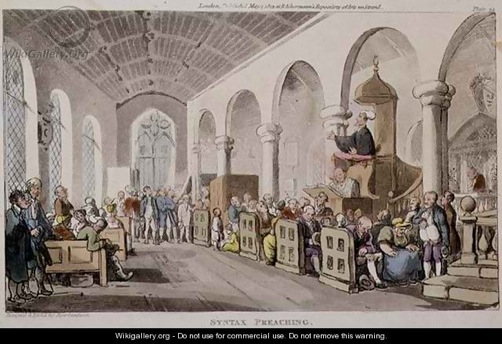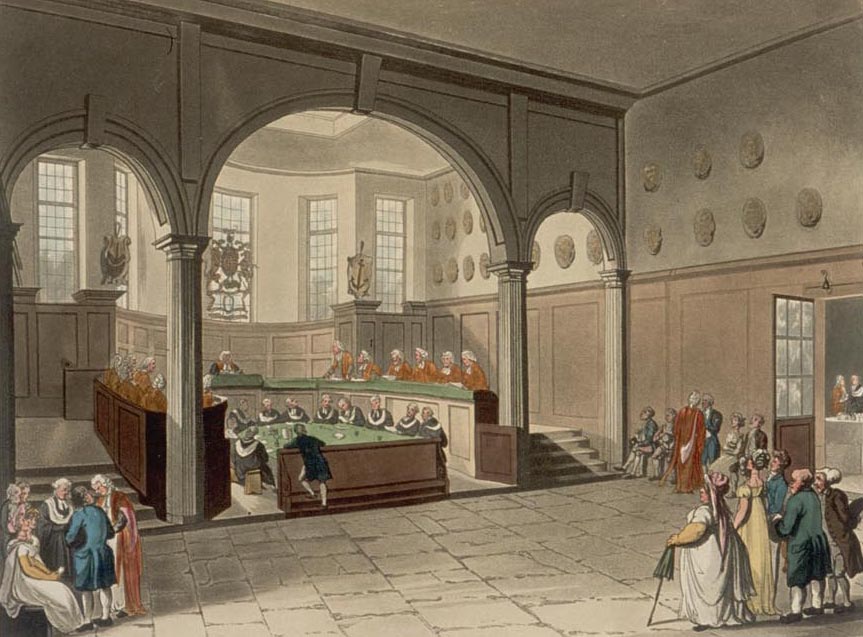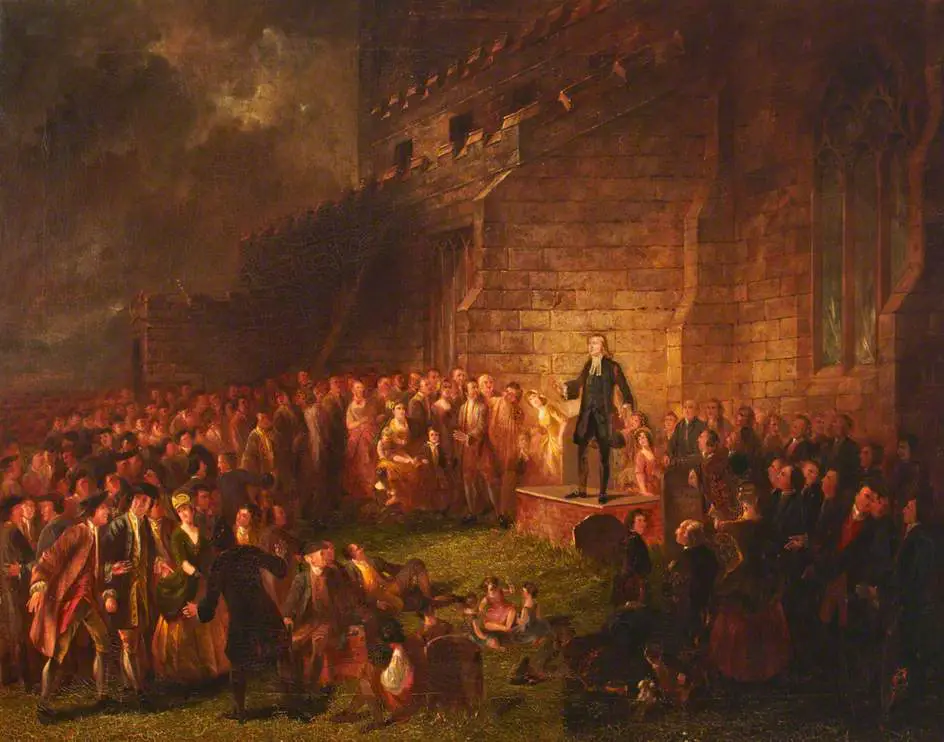The Georgian Era in the history of England began in 1714 when King George I took the throne. Succeeded by King George II, III and IV, the Georgian Era came to an end after his death in 1830. The Georgian times marked a change in the social structure of England, which was inspired by many other changes that the English society was experiencing.
Due to the developments in technology, governance, agriculture, and medicine, the social life of people was improving during the 18th century in England. Industrialization had started and Britain was becoming a modern society.
Science had also progressed and people were focused on logic, leading to the popular name for this time- the age of reason. As a result, religion was also experiencing major shifts, both as an institution as well as a faith of the masses.

Importance of Religion in Society
The English society had always been in disagreement with the other forms in which Christianity was followed in the world. The transformation from faith in the Roman Catholic Church was not very rapid, but it was during the 18th century that the English society founded various new methods of worshipping.
By the Georgian Era, the English society had begun to experience a change. As a result of this, most common people had made many drastic changes in their personal lives on an individual basis. The overall effect of this was that by this time, many people had stopped visiting the Church. Some people of the upper social classes were seen in Church, but that had become a rare sight and was only possible on important holidays.

However, religion had been the basis of a number of social practices and almost all of them were inherited by the people of the Georgian Era from their forefathers. As a result, there was a lot of influence that the religious beliefs of people had on their public lives.
In the case of people involved in politics of the country, this was even greater as the political groups were mostly divided on the basis of their religious ideologies. Usually, personal and political battles were fought under the garb of religion, making it a very important part of the social construct.
The emergence of New forms of Christianity
By the beginning of the Georgian Era, the Christians in England were only followers of the Roman Catholic Church and the Anglican Church. These people believed in all the basic creeds of Christianity like the Holy Trinity, the idea of heaven and hell, the original sin and the ten commandments.
During the Georgian times, people from England had started to visit other European countries and had started to understand the life and beliefs of those people.
The possibilities and opportunities of travel and the interaction of British people with other cultures of the world brought in immense knowledge about other religions and belief systems. When this knowledge was brought into the social environment of England during those times, people started to look at Christianity in a logical manner.
The consequence of this was that many people started to question the traditional creeds of Christianity and started to talk about a number of new methods to worship God and follow Christianity.

One of the most widespread effects of this religious reforms that were taking place in England during 18th century was the emergence of Dissenters. Dissenters were a new classification of Christianity and included people who believed in the religion but rejected some of the major doctrines that the orthodox Christians used to follow.
According to their individual faith, they were divided between themselves as Quakers, Unitarians, Presbyterians, Deists and Independents. They argued that religion should not demand the belief of people by threatening them and everyone should be allowed to pursue God in the way that they feel best.
These reforms not only divided the followers of Christianity into many parts but also guided some people to deviate from the pat of religion. Reason and logic were words that have found their way in the social structure of the Georgian Era society and so, many people started to question the purpose of religion at all.
This resulted in people advocating a pagan approach and demanding a natural religion in which nature is worshipped as the creator. Some people also turned away from religion completely and started to be called as atheists and agnostics.
The division of Christianity into a number of sections resulted in conflict among the people of England. The issue of religion, backed by political representation, became a major issue of debate in the country. People started to demand rights to practice religion in the way they want and the wave for Catholic Emancipation started to blow.
Finally, in 1829, the process of Catholic Emancipation was completed in England as well as the other countries that were ruled by the throne and England became more tolerant of various beliefs.
Parish Church: Overview of the roles and significance of parish churches.